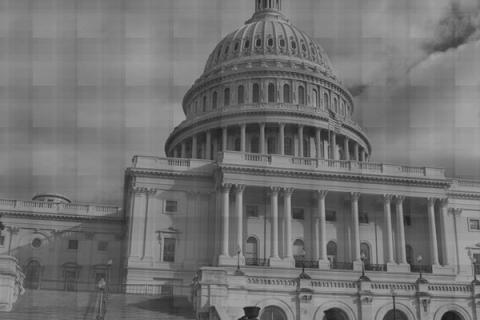I always thought I was an Evan Bayh Democrat. Today I became certain. In his surprise retirement announcement, Bayh was careful to make it clear that he had wearied of the partisanship on both sides of the aisle.
He identified specific irrational partisan acts by both Republicans and by Democrats.
But, the timing of his departure spoke loudly about his dissatisfaction with the entire Washington establishment.
Bayh underscored the declaration in his retirement speech in which he said that the country would be better off if Washington was more like Indiana by waiting for the last minute to announce that he would not run for re-election.
By not tipping off the Washington crowd, Bayh basically said that the question of who should succeed him is a question for the people of Indiana, not the politicians or talking heads in DC.
There is a lesson here for California, both in understanding who Evan Bayh is and why he is so fed up with the partisanship in Congress. The partisan gridlock in Congress is surpassed in only one place—the California legislature.
Moreover, no state has a more divided, partisan, and ineffective Congressional delegation than California. This is why California citizens pay more than their share in federal taxes and get less than their share of federal spending.
Evan Bayh is a product of Indiana’s Open Primary system. He is a decent man who understands that both common sense and compromise are critical ingredients in any successful democracy.
Self-government is difficult under any circumstances, but California’s closed primary system makes it nearly impossible. Not surprisingly, it is a system imposed on California by the political parties and the U.S. Supreme Court.
California voters overwhelmingly approved Open Primaries in 1996. But, the political parties joined forces to challenge the popular system in Court. In one of the Court’s more bizarre rulings, the Court said that California’s voter approved open primary violated the political parties’ “private right of association”.
That’s right public money (your tax money) is spent to run a “private” election and the political parties—not the voters—get to establish the rules.
Proposition 14 will be on California’s June ballot. If passed, California will once again have an Open Primary in which all primary candidates appear on one ballot and voters get to decide who they want to vote for—without interference from political parties.
In order to meet the Supreme Court’s “private association” test, the new primary will produce a runoff in November between the two highest vote getters regardless of party.
None of the party types like this idea. It makes the backroom power brokers and the self-anointed “activists” nuts. Why? Simple. Open primaries give power to normal everyday voters. This power comes at the expense of party insiders and activists of all parties, large and small.
Advocates of Open Primaries believe that elected officials should be directly answerable to voters. Closed Primary defenders believe that political parties are necessary middlemen in the relationship between voters and elected officials.
But, Evan Bayh is right. The parties have become the problem. Partisanship threatens to crush democracy. The Senator’s candor could be an “emperor has no clothes” moment.
We have a broken system, and nowhere is it more broken than in California.
No system is perfect. And Open Primary, alone will not solve California’s problems. But, of this, you can be certain. Evan Bayh would have a very tough time getting elected in California’s current closed primary system.
That’s a shame.
